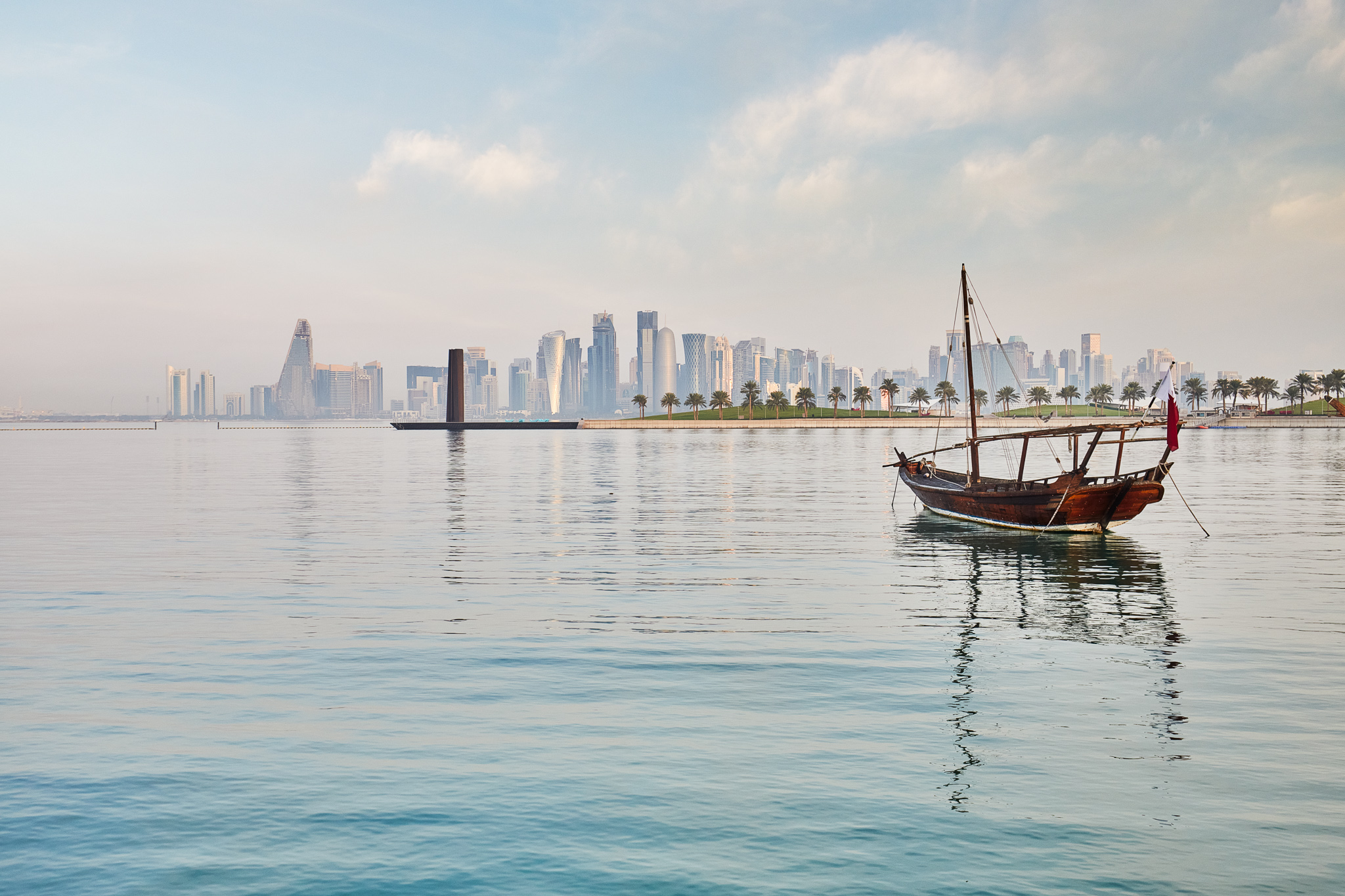
Longtime Qatar resident and blogger Glen McKay has been fasting since 2010, even though he’s not a Muslim. As the holy month gets underway, the Canadian expat explains why he thinks everyone should try their hand at fasting, and offers some advice for newbies.
I am not Muslim so of course no one expects that I would fast for Ramadan, and when someone finds out, it leads to the inevitable question, why? I suppose there are a number of reasons one might want to try it out.
Nowadays I see it as a bit of an adventure, a change from the usual routine.
When you eat, when you sleep, when to go shopping or meet friends – it all changes with the fast.
You might find yourself more in sync with Qatar as you’ll be resting when the stores are shut and up late at night when everything is happening.
That was one of my main motivations for giving it a try – in the past, I was sitting around bored in the afternoons as everything was closed and going to bed when everyone was out having suhoor or other activities.
Launching a conversation
It can also be a great way to get to know your Muslim friends or colleagues better.
You can ask them for advice on how to fast (especially getting through the hot summer days without water), or discuss things like what food they prepare for iftar, or how they deal with situations such as fasting when they have small children to take care of.

If you don’t know any Muslims you could visit the Islamic Cultural Centre (Fanar) and discuss it with them.
I recall in the past, they did mosque tours during Ramadan where you can visit mosques and learn more about the holy month.
If you work with Muslim colleagues, then fasting will give you a much better idea of how tired they can be later in the day.

You will quickly learn that mornings are generally better for meetings and other tasks, and will probably adjust your work schedule to get as much as you can done early in the day.
In the end, by trying to fast you will at least start to understand what Ramadan is all about and some of what it involves, and it can be a great way to learn about someone’s culture.
Even if you go back to your own country and never fast again, you might meet Muslims during Ramadan and you’ll have a better understanding of what they’re going through. Most will appreciate that you tried fasting once.
Advice
If you’re thinking of giving it a try here’s some of my tips that I learned over the years:
If you want to truly observe the fast, then you’ll need to wake up around 3am or so for your last meal before daylight.
Since I don’t get up to pray I prepare the food before I go to bed and keep it on my nightstand, that way I just have to sit up and eat.
Try to have things you can easily pick up, like dates, olives, nuts, cubes of cheese and bread, and put in a Ziploc bag. That way you’re not dropping bits of food everywhere and you don’t need all the lights on to eat.

And make sure to have at least two large glasses of water, I usually do two glasses of water and a glass of laban. Hydration is vital! Once I’m done eating I just fall back into bed.
You’ll likely have a long nap in the afternoon. I found that as Ramadan went on, my afternoon naps got longer and longer while at night I was sleeping less and less. You might need to use an alarm to make sure you don’t oversleep in the afternoon.
Have a small meal for iftar (breaking the fast).
Once you start eating it’s hard to stop and if you make a big meal you’ll eat it all and could get stomach trouble (hundreds of people go to hospital every Ramadan with stomach problems from eating too much).
Eat something small at first then find something to busy yourself for a while so you don’t go back to the kitchen to snack. Have the larger meal later in the evening.

Make plans to do something during the times of the day when you are not working.
I actually found that the weekends were more difficult than the weekdays as work was a good way to keep you distracted from eating.
If you are just sitting at home then it becomes more tempting to go to the kitchen. Light walking, meet some friends, anything to distract yourself.
And finally, try to limit how many times you go to restaurants or hotels for iftar and suhoor meals and instead prepare meals at home.
Some people think because you are fasting you will lose weight, but if you go out a lot for Ramadan meals, you will wind up putting on some pounds. Trust me on this one.
Fasting is tough for the first couple of days, but once you settle into a routine, I found it was not as difficult as I thought it would be.
I would recommend anyone try it for at least a few days, if only to experience something that is fundamental to so many people in Qatar.
Thoughts?
More Ramadan coverage:
https://dohanews.co/ramadan







